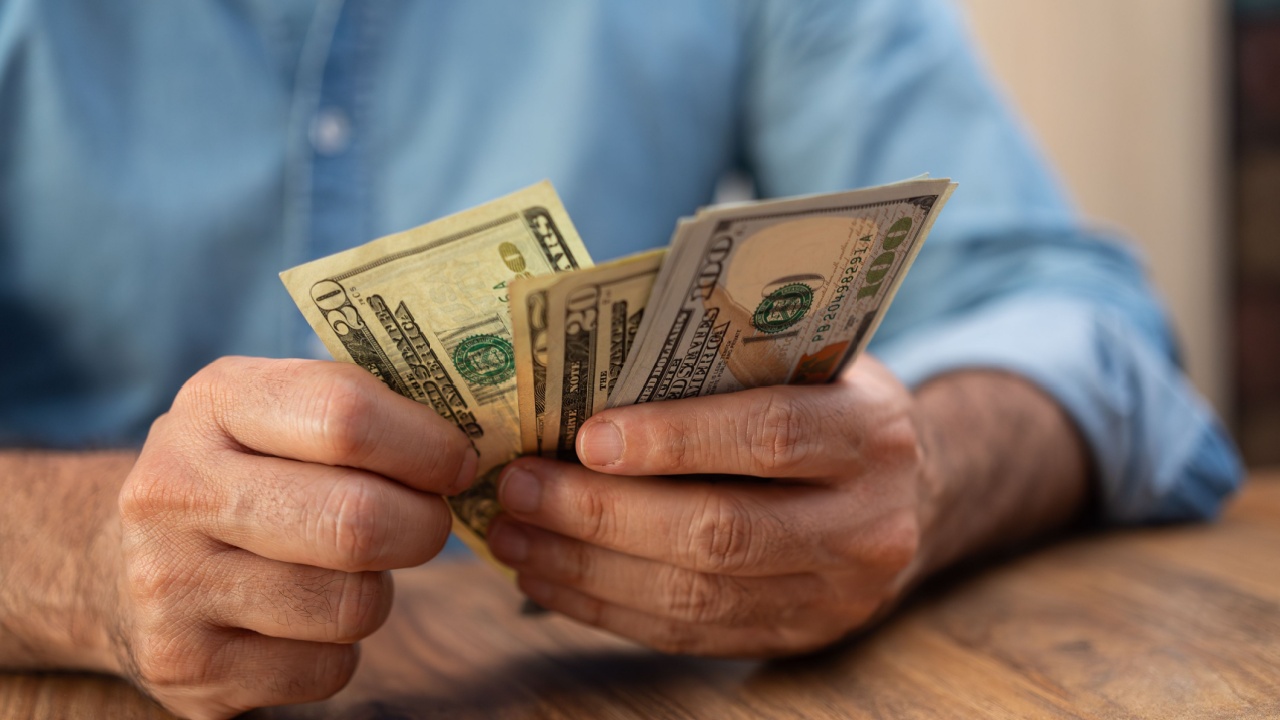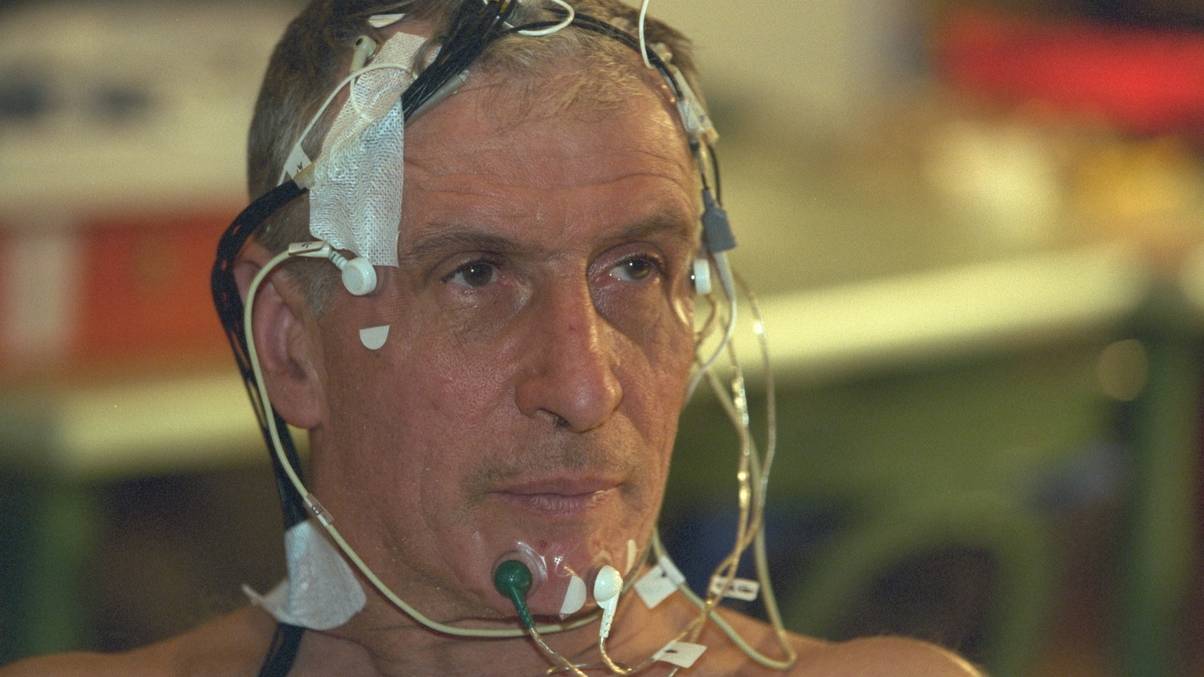The Hidden Truths About Money: 15 Surprising Psychological Secrets You Never Knew
Ever noticed how “sharing is caring” becomes suspiciously difficult when there’s free food on the table? That’s money’s sneaky cousin—scarcity. I mean, is cash just paper with green paint, or is it the ultimate puppeteer behind the scenes of our daily drama? I’ve spent more hours than I care to admit spiraling down the rabbit hole of my own spending habits, and let’s be honest, sometimes I think my wallet has more personality quirks than I do . We all pretend like we’re rational adults, but if you’ve ever bought something you regretted five minutes later (I see you, late-night infomercial), you know money turns brains into mushy nonsense faster than you can say “limited time offer” . Why do we all lose composure at the word “free”? Why does “just checking my balance” give me existential dread—but dropping $10 on a caramel swirl latte feels like self-care? You’re not alone . This collection dives head-first into the absurd, lovable, slightly tragic ways money hijacks our minds . Will these facts save you from FOMO next Black Friday? Unlikely . Will they have you laughing (or groaning) at your own mental gymnastics? Absolutely . Curious how cash and psychology tangle in your life? LEARN MORE
Is money the root of all evil or just a green piece of paper that controls far too much of our daily lives? People love to chat about it, stash it, splurge it, and occasionally lose friendships over it. But the real comedy gold lies in how our brains handle money—rarely logical, often absurd, and sometimes so irrational it deserves its own sitcom.
From bizarre spending habits to the mental acrobatics we perform to justify purchases, money and psychology go hand in hand, like coffee and Monday mornings. While cash might not literally talk, it dictates our choices, beliefs, and even happiness levels.
Do you think you’re immune to getting the warm fuzzies when loaded or frazzled when broke? Look at these fascinating facts about how money messes with—or enhances—our minds.
1. The Pain of Paying Is Real

Image Credit: Deposit Photos.
Feel that pain when the till is beeping while counting your groceries? It’s not imagined. It turns out that spending money doesn’t just deplete your bank account; it can genuinely hurt. The “pain of paying” is a psychological phenomenon that occurs when we part with cash, especially for big-ticket items.
Our brains associate spending with losing something valuable, triggering the same pain centers that light up when we experience physical discomfort. This is why it can be so hard to part ways with our money, even for necessary purchases.
2. Money Can Buy Happiness—To a Point

Image Credit: Deposit Photos.
The old adage that money can’t buy happiness isn’t entirely true. Studies reveal that income increases happiness up to a certain threshold, typically when basic needs and a comfortable lifestyle are covered. Beyond that, extra money has diminishing returns on happiness.
But here’s where it gets interesting: how you spend money matters more than how much you have. People who spend on others or invest in experiences often report higher happiness levels than those focused solely on personal material gains. Generosity, it turns out, might be the ultimate financial flex.
3. Scarcity Makes Us Spend More

Image Credit: Deposit Photos.
What did you buy during the Black November sale last year? The phrase “limited-time offer” isn’t just a marketing gimmick—it’s a psychological power move. Scarcity taps into our fear of missing out, making us more likely to purchase things we wouldn’t otherwise.
The thought of losing an opportunity ignites urgency, nudging even the most frugal among us to act fast. Interestingly, the scarcity effect doesn’t always reflect actual value. That “one-day-only sale” or “last item in stock” might not be as rare as it seems. Retailers use this tactic to trigger impulse purchases, and our brains fall for it more often than we’d like to admit.
4. Cash Feels Different Than Digital Money

Image Credit: Deposit Photos.
People spend less when using cash compared to credit or digital payments. Why? Physical money creates a tangible sense of loss, making spending feel more significant. Digital transactions, on the other hand, lack this tactile connection, leading to more frequent (and often unnecessary) purchases.
The shift toward cashless systems amplifies this effect. Mobile wallets and one-click purchases remove friction, making spending feel effortless—and potentially reckless. While convenient, the lack of physical accountability can quietly drain finances.
5. Financial Goals Make You Happier

Image Credit: Deposit Photos.
Setting financial goals isn’t just good for your bank account—it’s great for your mental health. Having a clear target, be it paying off debt or saving for a dream vacation, provides a sense of direction and accomplishment.
Working toward a goal builds confidence and reduces money-related stress. The key is to set realistic, achievable milestones that keep you motivated without overwhelming you. Progress, no matter how small, feels rewarding and reminds you that your financial journey is in your control.
















Post Comment